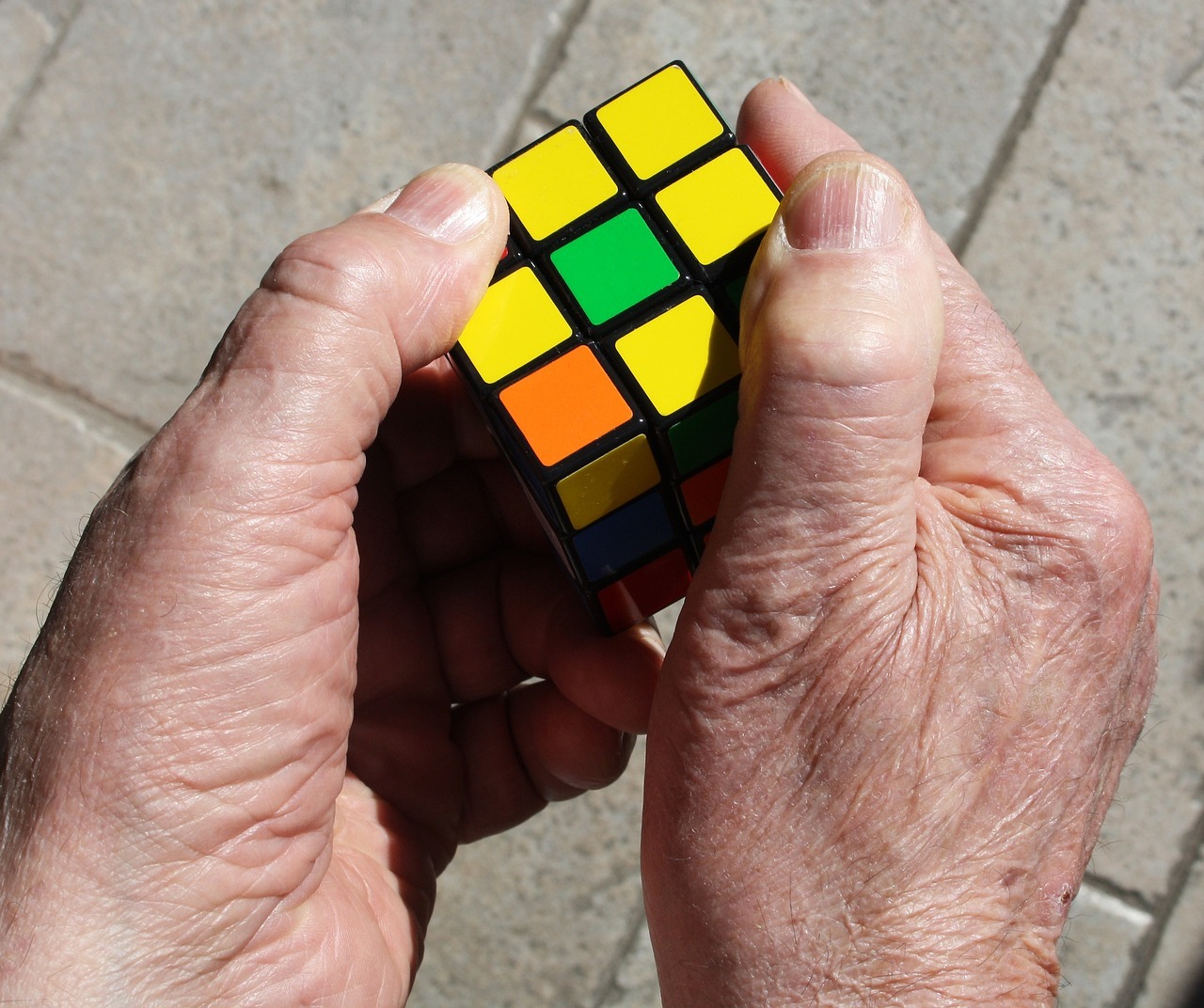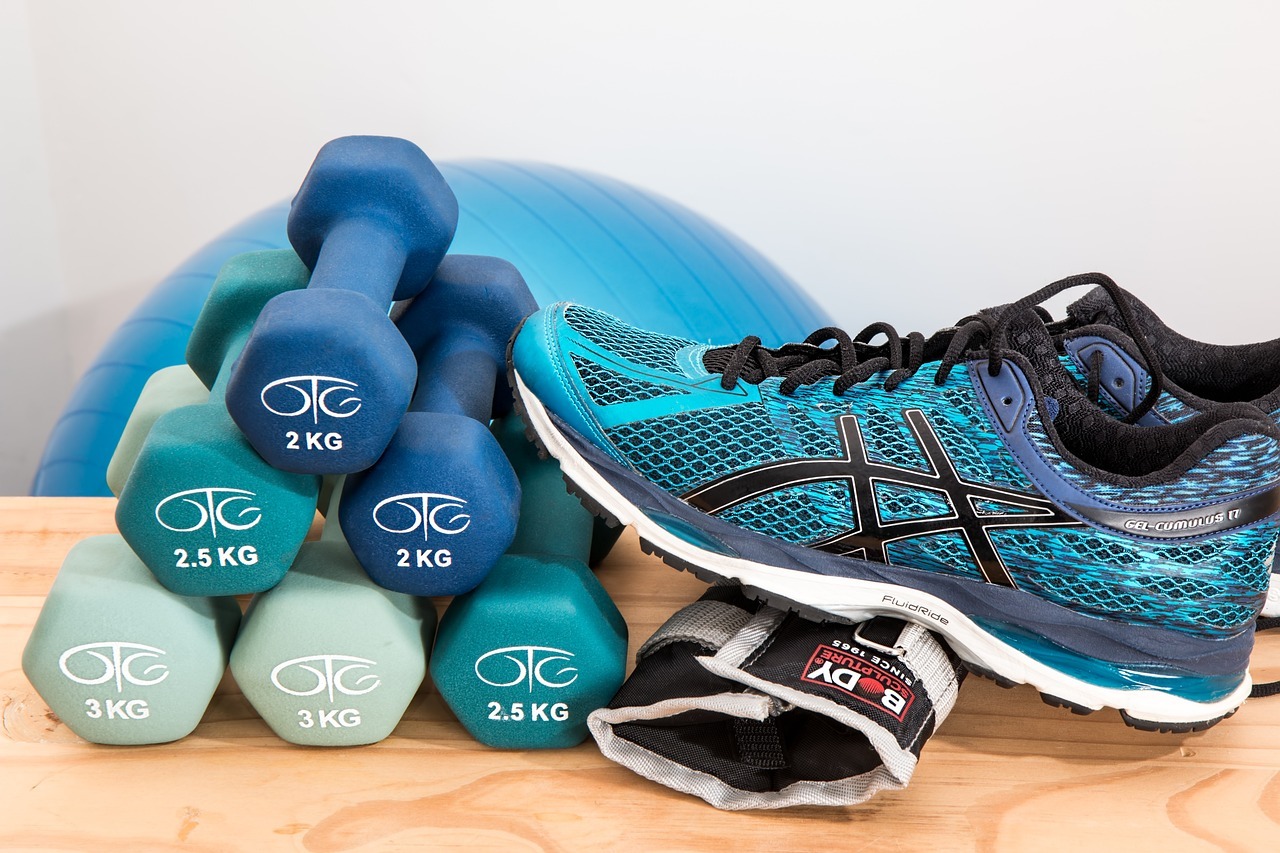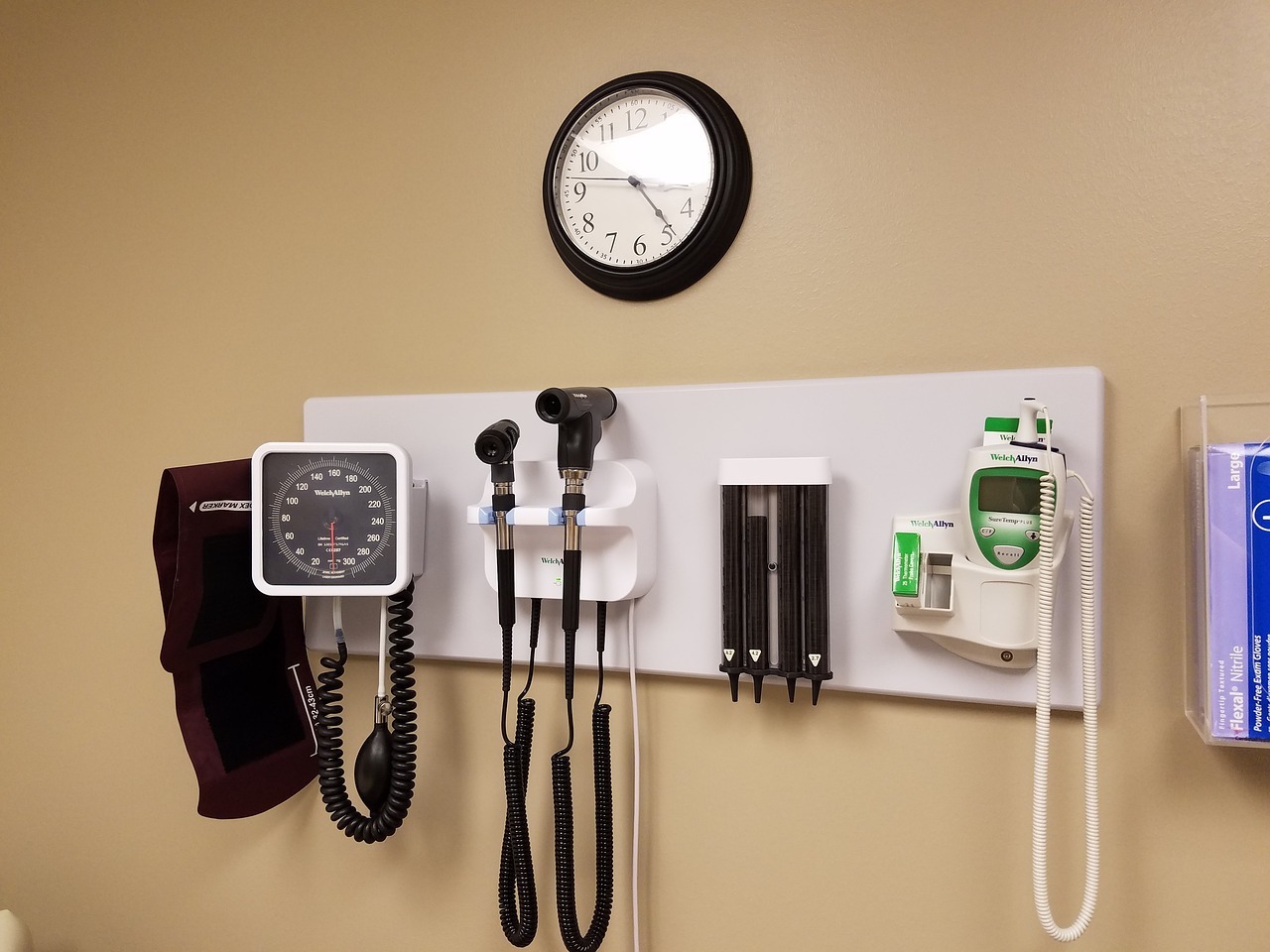Many seniors worry about dementia and its impact on their independent lifestyle. Characterized by memory loss and cognitive impairment, it’s a condition that affects millions worldwide. But it doesn’t have to be an inevitable part of aging. Discover how to prevent dementia in old age with a few simple lifestyle changes. Adopting these changes significantly lowers your risk, effectively preventing dementia and enhancing brain health.
In just five easy steps you’ll be well on your way to maintaining and boosting your brain health. Plus, we’ll share tips on creating a supportive environment to thrive in. So you can maintain an independent life.
Understanding Dementia
Cognitive health, a critical aspect of overall brain health, includes the ability to think, learn, and remember clearly. It’s essential for performing everyday activities. Dementia isn’t simply forgetfulness. It’s a severe decline in mental ability that impacts your ability to function in daily life. Although seniors are more at risk, dementia isn’t a normal part of aging. According to Alzheimer’s Society Canada, over 600,000 Canadians live with some form of dementia.
Each type of dementia has its own characteristics, but they often overlap. The most common forms of dementia in seniors are:
⦁ Alzheimer’s disease
⦁ Vascular dementia (resulting from stroke)
⦁ Lewy Body dementia (linked with Parkinson’s disease)
Cognitive Health and Aging
As people age, brain health can be affected by various factors, including age-related changes, injuries, and diseases such as Alzheimer’s. Some of these factors are unchangeable, but there are steps you can take that will make a significant difference in maintaining cognitive health. A few simple lifestyle choices like engaging in mentally stimulating activities and cognitive exercises will keep the mind sharp.
Early Signs of Dementia
Recognizing these early symptoms can lead to more effective management of the condition. Watch for signs of dementia like chronic memory loss, challenges solving problems, confusion with time or place, trouble understanding images, and issues with speaking or writing.
Speak to a doctor if you start experiencing these symptoms. Only a healthcare professional can diagnose dementia as it requires a mix of testing, evaluations, and scans.
1. Mental Stimulation and Cognitive Exercises

Mental stimulation and cognitive exercises are important for seniors especially due to the natural decline in cognitive abilities that accompanies aging. Engaging in cognitive activities can improve brain function and slow cognitive decline.
A study conducted by the Alzheimer’s Society involving brain training exercises showed improvements in reasoning and problem-solving after six months. Seniors in particular said it helped them get better at daily tasks. Such as shopping, managing household budgets, and navigating public transport.
These activities help counteract this decline by keeping the brain engaged and active. Potentially reducing the risk of dementia and improving overall cognitive function.
Cognitive exercises and mentally stimulating activities come in many forms:
⦁ Learning new skills or hobbies, like a local arts and crafts workshop
⦁ Brain games like crossword puzzles, sudoku, and memory games
⦁ Playing video games or table-top role-playing games
⦁ Sports or games involving strategy
⦁ Engaging in conversations, participating in group activities, and maintaining social connections
Remember, the goal is to keep your mind active and engaged. Mix and match these activities to find what you enjoy most.
2. Stress Management and Mental Well-being

Stress has a significant impact on cognitive health. Chronic stress can lead to memory loss and increase the risk of dementia.
There are several effective stress reduction techniques:
- Mindfulness and meditation have been shown to lower stress levels and improve brain function.
- Relaxation techniques like deep breathing, progressive muscle relaxation, or guided imagery
- Wellness apps for calming the mind
- Quality sleep of 7-8 hours of each night
- Activities like gardening or painting where you can “take your mind off things”
To manage stress effectively, it’s important to identify stressors in your life and adopt healthy coping strategies.
3. Nutrition and Diet

Diet plays a pivotal role in preventing dementia and enhancing brain health. Unfortunately, as we age, our bodies are less able to absorb nutrients. A healthy diet improves senior brain health while reducing the risk of cognitive decline and supports your overall well-being.
Various studies have highlighted the benefits of specific dietary patterns in reducing these risks:
- Mediterranean Diet: Rich in vegetables, whole grains, fish, and olive oil, the Mediterranean diet correlates with higher cognitive function.
- Antioxidant and Anti-inflammatory Diet: Consuming a diet of fruits, nuts, vegetables, and fish, has been shown to reduce age-related cognitive decline and the risk of developing neurodegenerative diseases.
- DASH Diet: Eating generous portions of fruits and vegetables, balanced with whole grains, lean meat, and low-fat foods. The DASH diet reduces hypertension, and since poor blood can damage the brain, it’ll keep your brain healthy as well.
- MIND Diet: Studies found that closely following the MIND diet is associated with a reduced risk of Alzheimer’s disease and a slower rate of cognitive decline. This diet focuses on brain-healthy food groups and limits those detrimental to brain health.
Be mindful of foods to limit or avoid. Reduce intake of saturated fats, trans fats, and refined sugars. These can increase the risk of cognitive decline and are not conducive to overall health. Processed foods high in sodium and sugar should be consumed in moderation.
4. Fitness and Physical Activity

Regular exercise can significantly reduce dementia risk in seniors. Physical activity plays a crucial role in maintaining cognitive function and mental well-being. Exercise benefits the brain through various mechanisms. Specifically, exercise can increase the thickness of the cerebral cortex, improve brain matter integrity, and promote neuroplasticity.
All of which contribute to the retention of memory and optimal functioning.
Regular exercise can also improve symptoms of depression and anxiety. It releases endorphins, natural brain chemicals that enhance a sense of well-being. Helping to break the cycle of negative thoughts associated with these conditions.
Aerobic exercises are the most effective for brain health because they increase the heart rate. These include activities like:
- Running
- Jogging
- Biking
- Swimming
- Dancing
For most people, engaging in vigorous physical activity for 15 minutes three days per week, or 30 minutes of moderate activity five days per week, is recommended for brain-boosting effects. You’ll find a lot of options for senior-friendly fitness centres in Coquitlam or group sports and activities.
5. Regular Health Check-ups and Monitoring

Regular medical check-ups are vital for seniors to reduce the risk of dementia. These check-ups can detect health issues early, allowing for timely intervention. They also provide an opportunity to discuss brain health and dementia prevention strategies with healthcare professionals.
Monitoring and Managing Chronic Health Conditions
Chronic health conditions like diabetes, hypertension, and heart disease can increase the risk of dementia. Regular monitoring and effective management of these conditions are essential to minimize their impact on brain health.
Role of Medications in Brain Health
Certain medications can affect brain health, either positively or negatively. Regularly reviewing medications with a healthcare provider ensures that they support cognitive function and do not contribute to cognitive decline.
Preventing Dementia and Enhancing Brain Health
Maintaining brain health and preventing dementia involves a holistic approach. Build a network of friends, family, and healthcare professionals for support and accountability. It encourages maintaining these healthy habits.
Seniors should take advantage of available resources and services, like community centers, health services, and online information, to support their journey towards a healthier brain.



